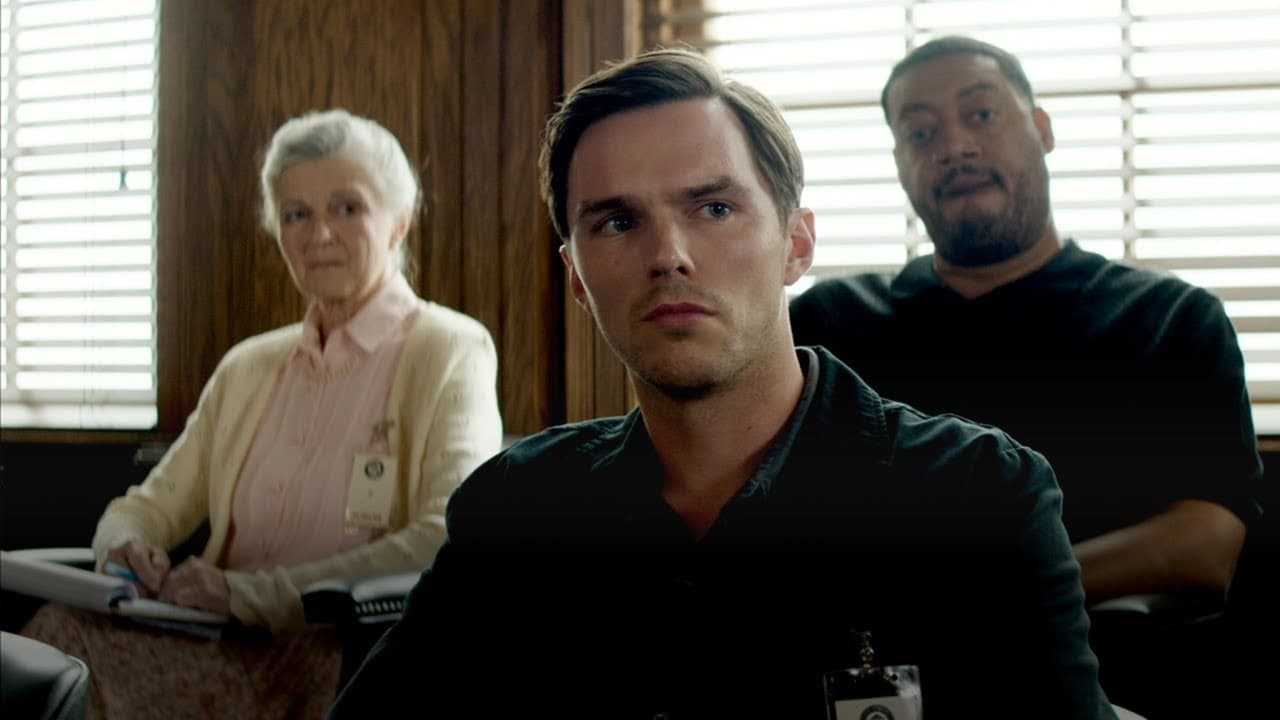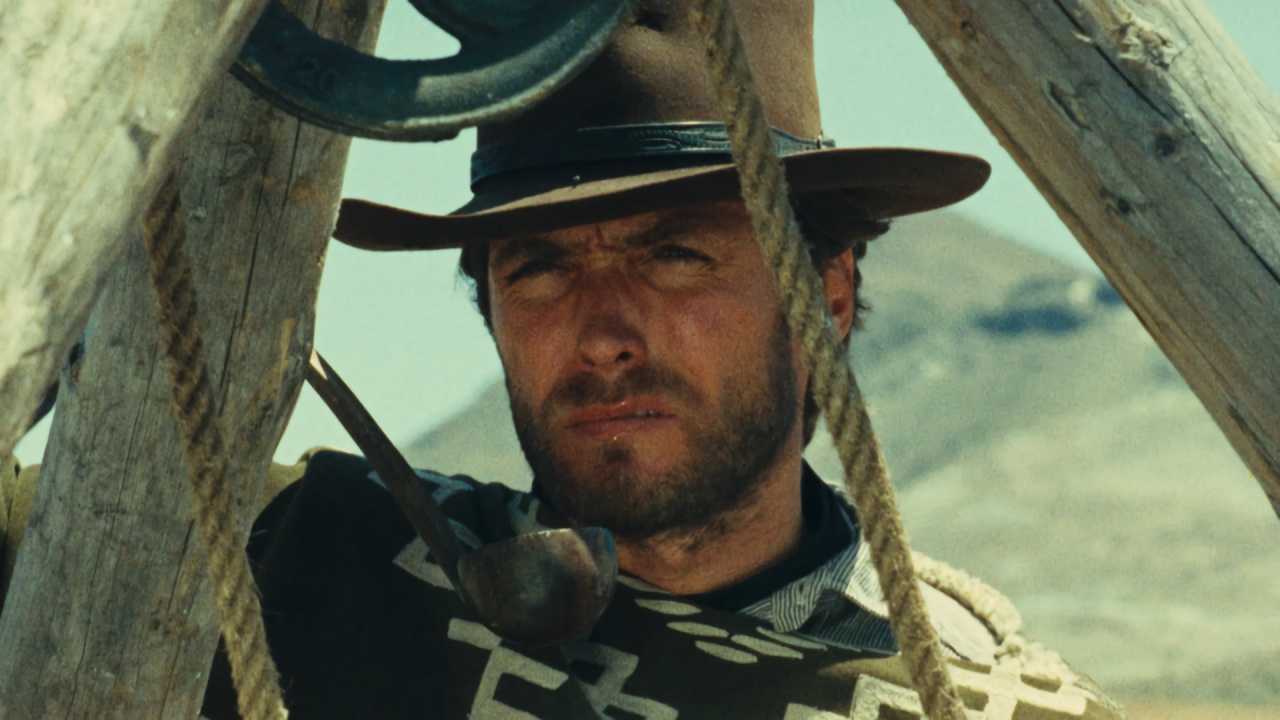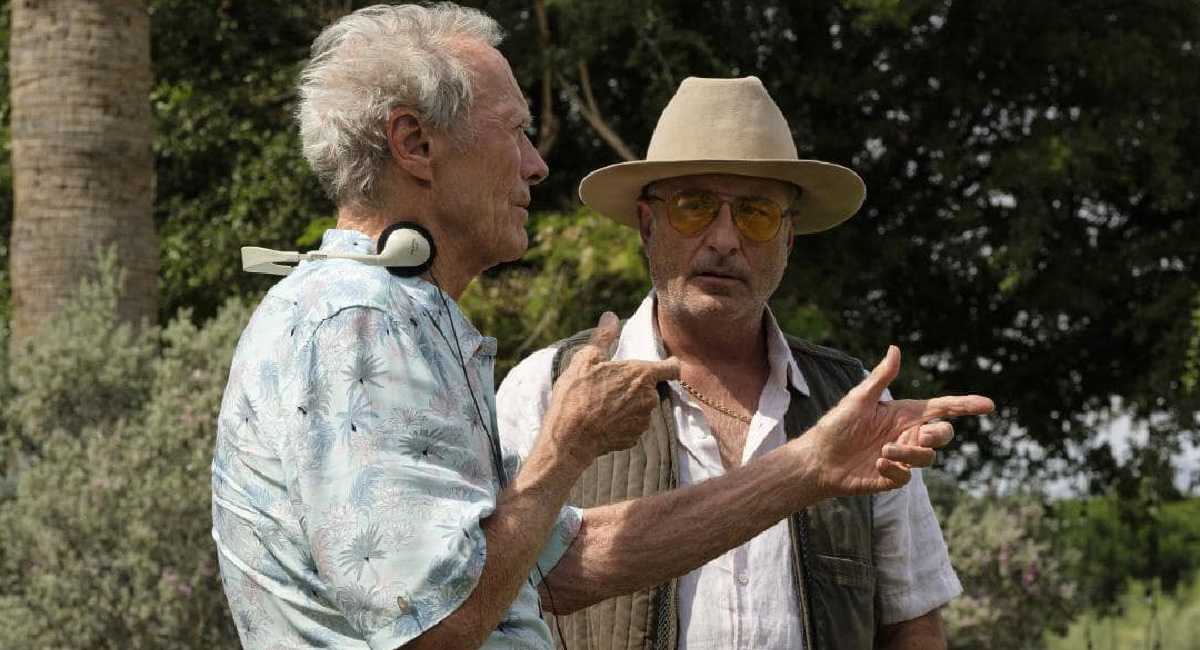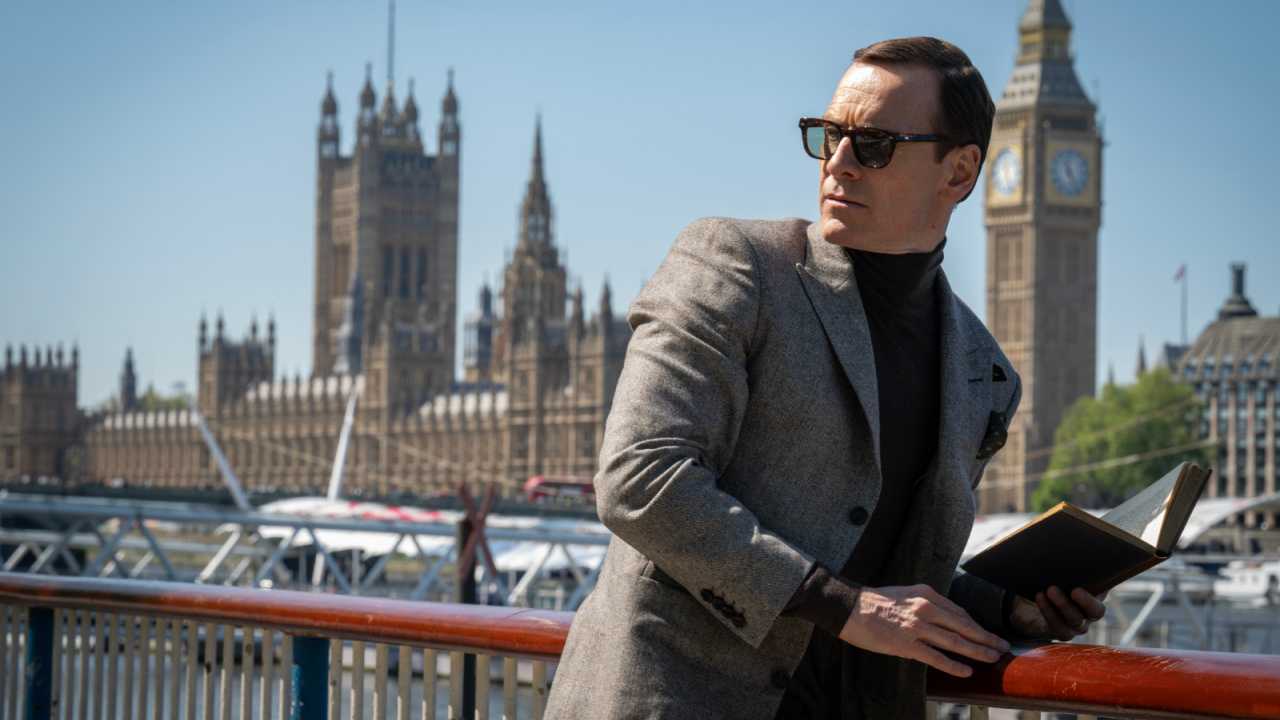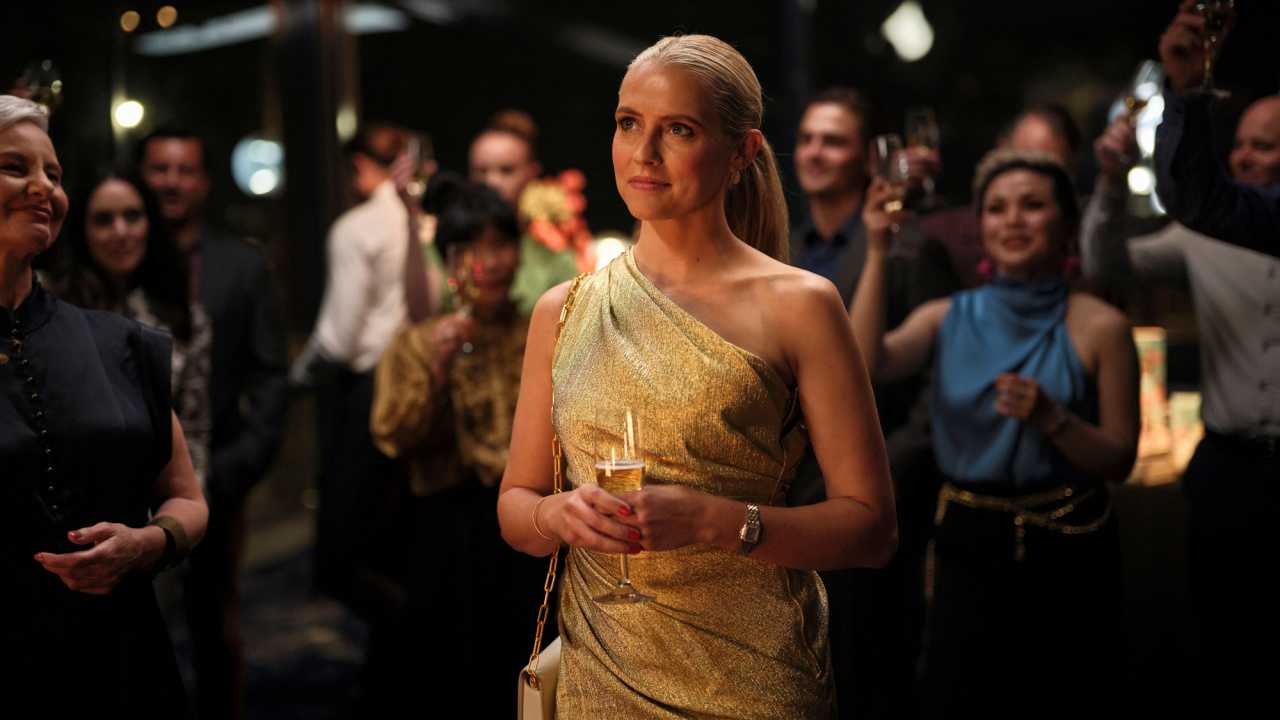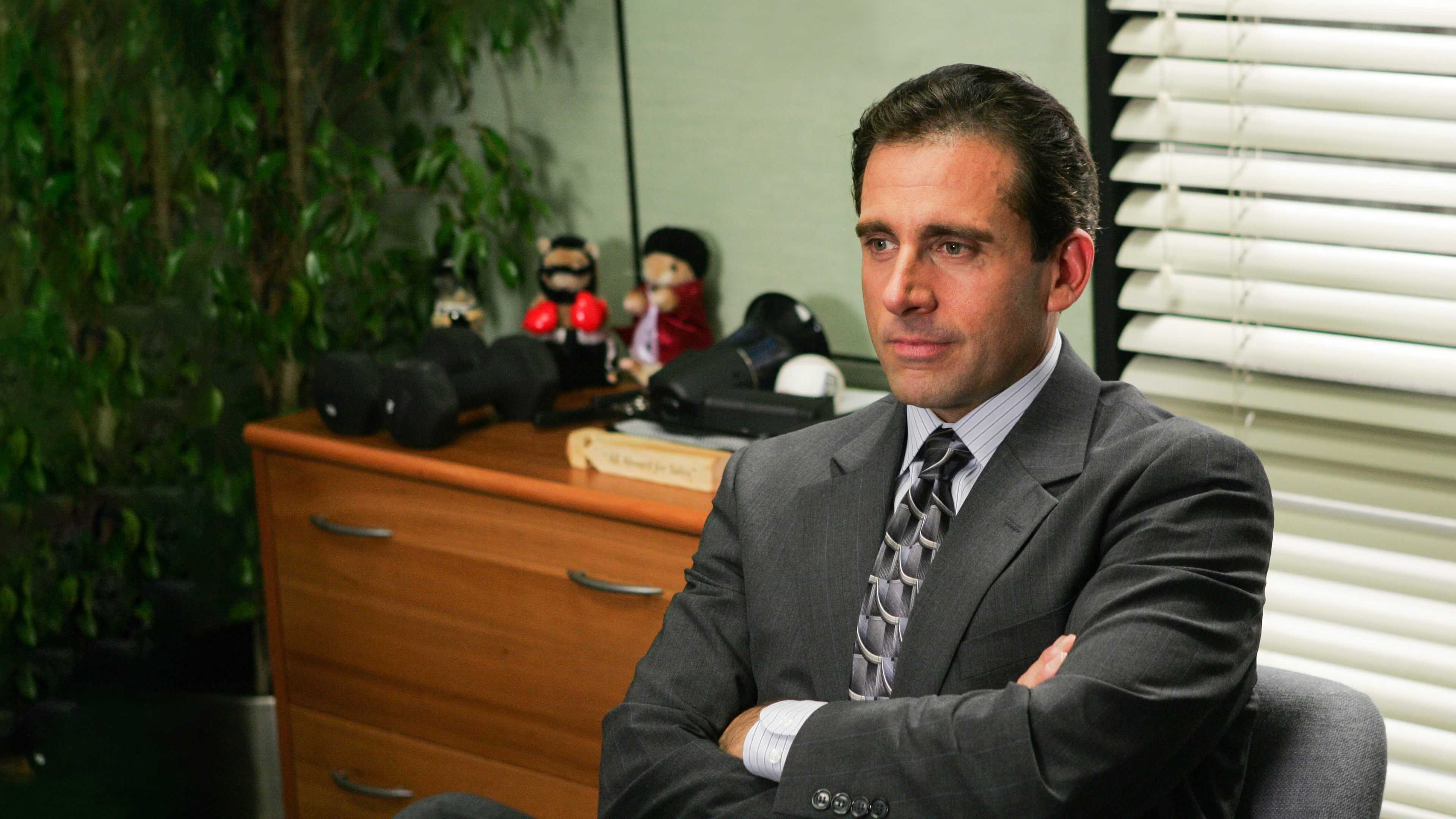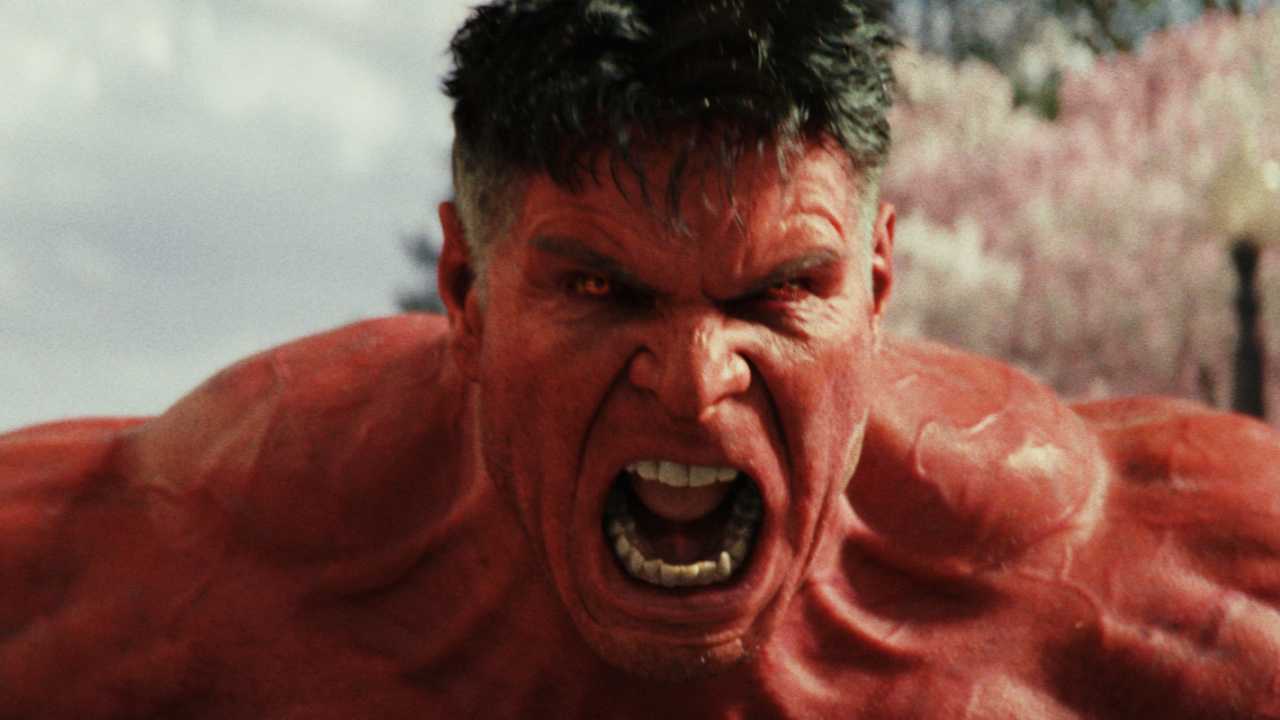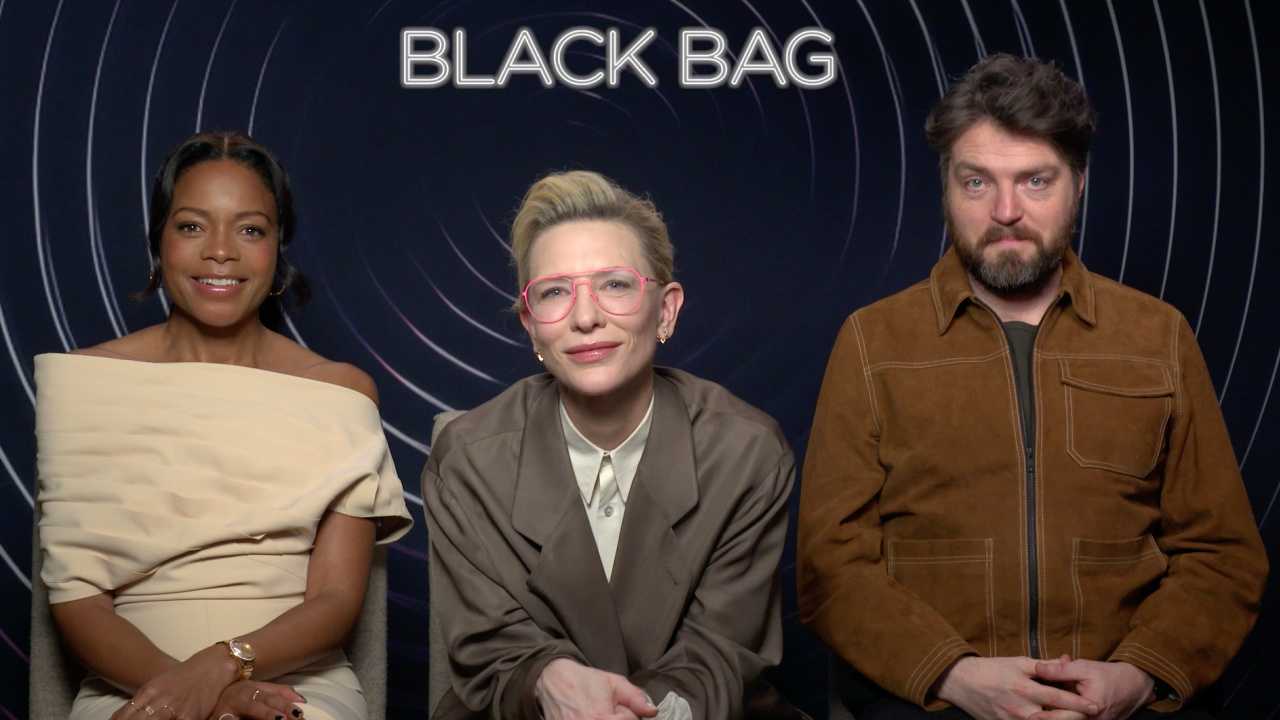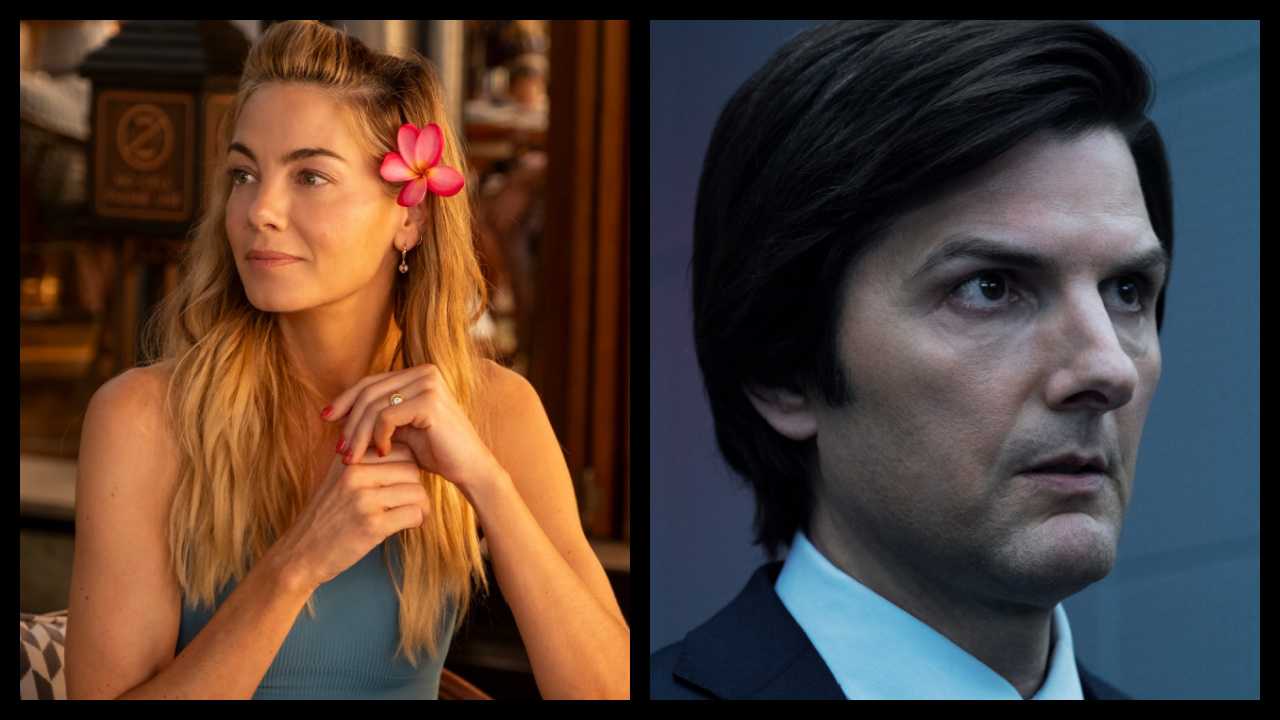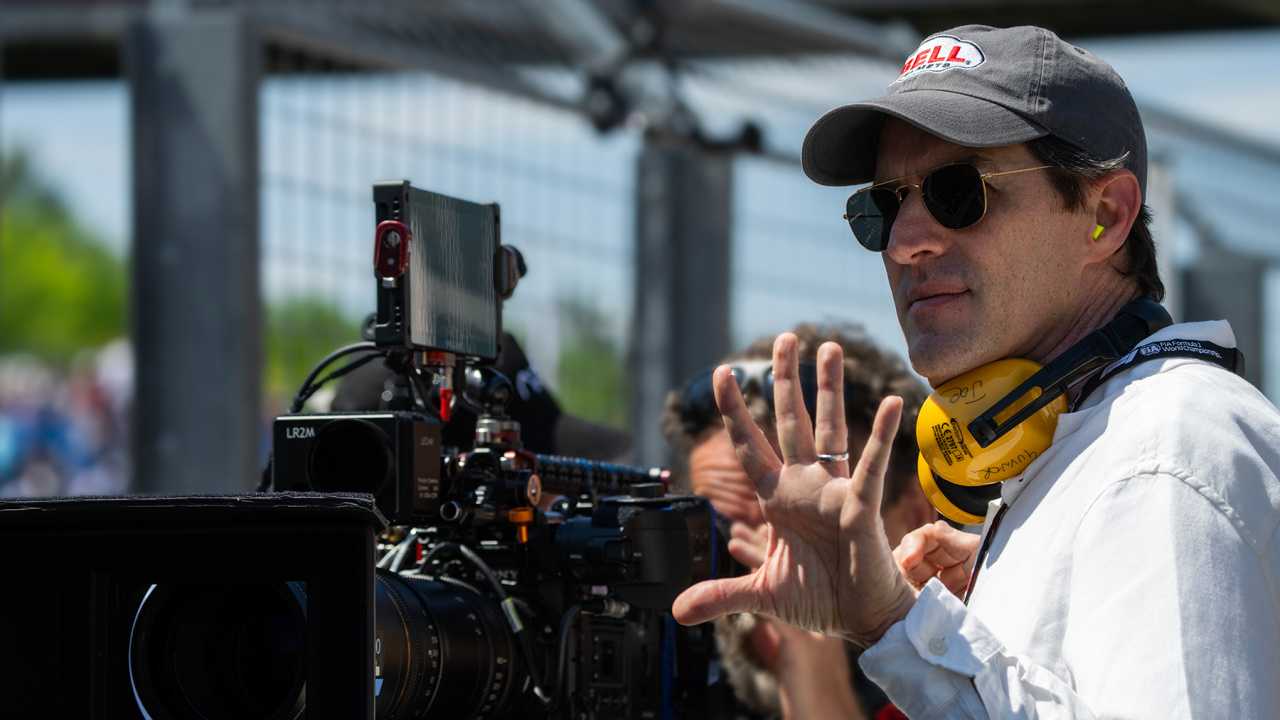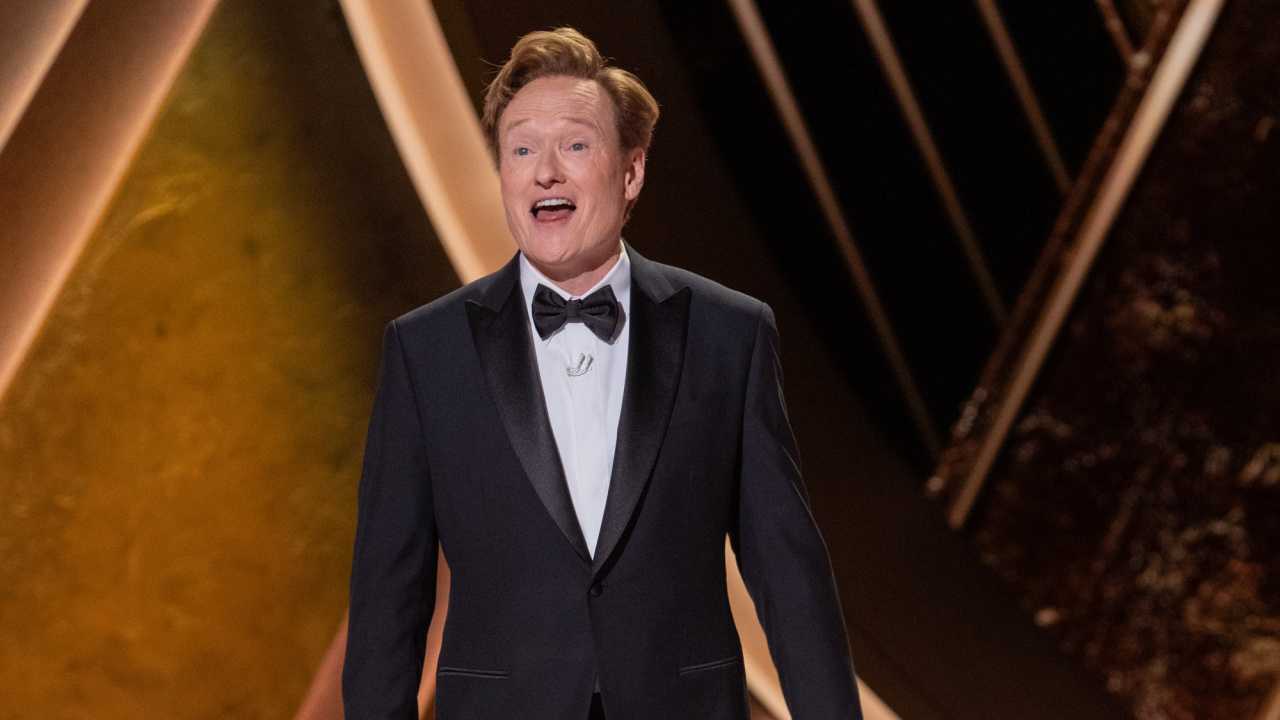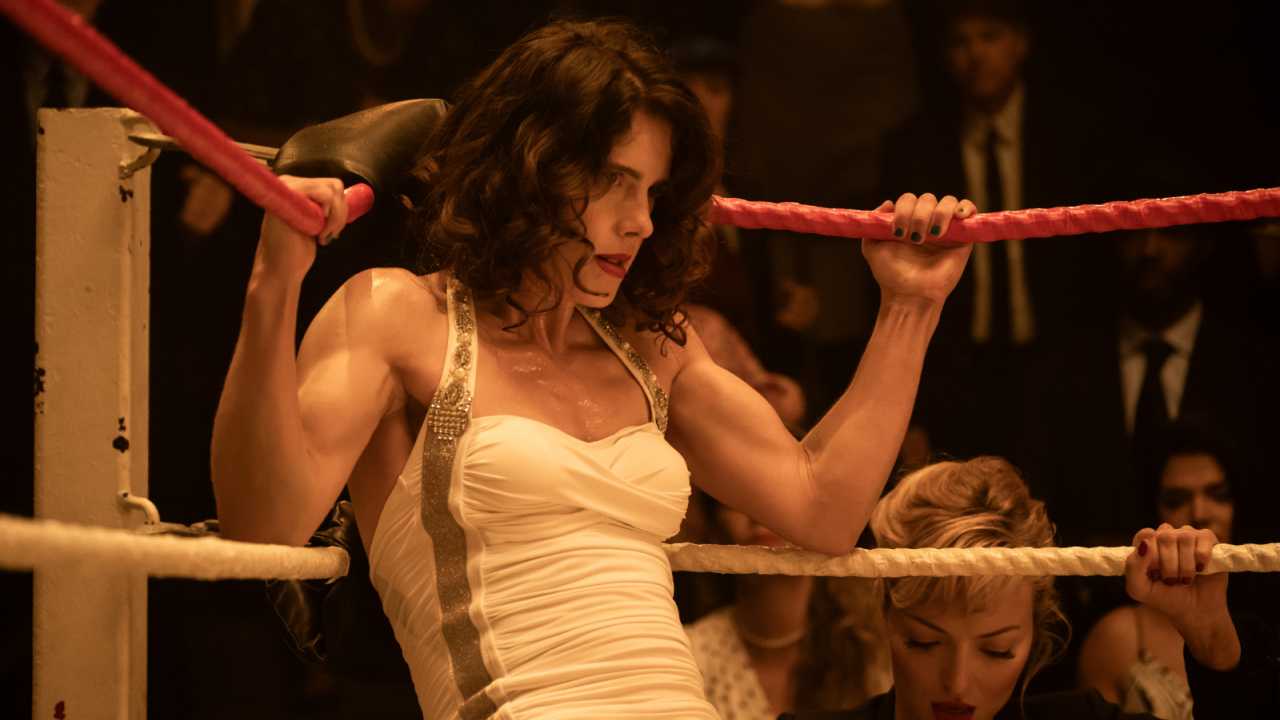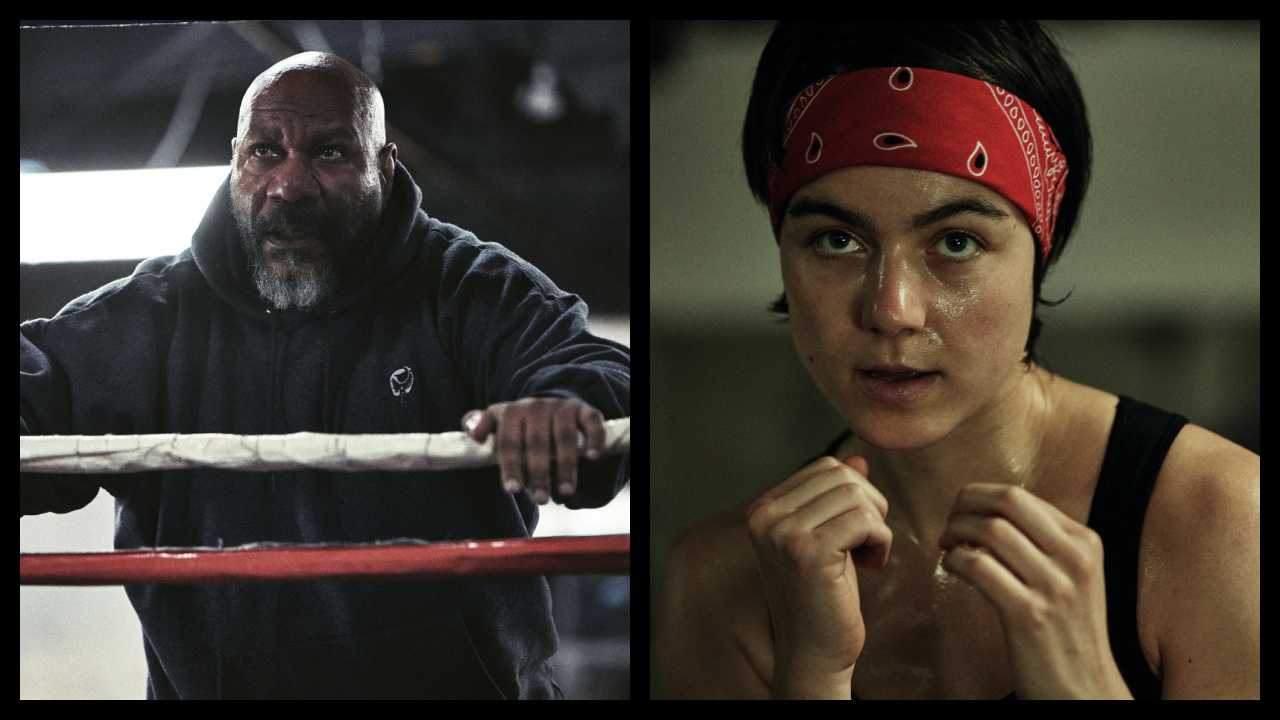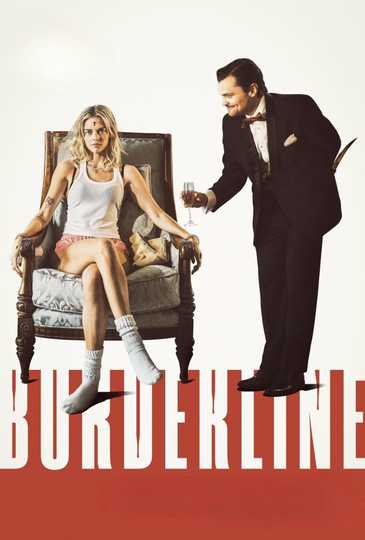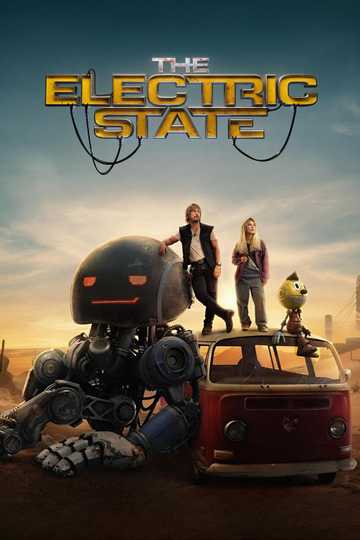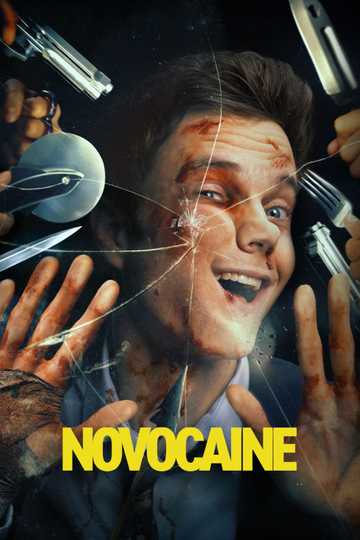Has Political Correctness Killed TV Comedy?
Didja ever notice how politically correct all the kids are now? It's like you can't make jokes about anyone anymore. WHAT is the DEAL with that?
No, Jerry Seinfeld didn't say that, but just wait.
The 61-year-old sitcom icon has been making the rounds lately, from ESPN's "The Herd with Colin Cowherd" to NBC's "Late Night With Seth Meyers." complaining that he can't perform at colleges because they get so sensitive about certain jokes, like the one where he compares a typical smartphone user to a "gay French king."
And it's not just college campuses where political correctness chills humor, apparently. It's also the place where Seinfeld was once master of his domain: television. This week, Spike announced it would cut a joke from the June 18 broadcast of the Guys Choice awards ceremony, where Clint Eastwood made a quip about athletes who've tried acting, including "Jim Brown and Caitlyn Somebody." (Eastwood, who cast the transgender Lady Chablis as herself in "Midnight in the Garden of Good and Evil" back in 1997, seems to have been making fun of Caitlyn Jenner's media ubiquity, not the Olynpian's gender transformation, but Spike apparently didn't want to take any chances.)
More broadly, Black-ish" and "Fresh Off the Boat," which raised concerns about stereotyping and cultural appropriation even before they debuted. This year, upcoming ABC sitcom "The Real O'Neals" (about a Catholic clan whose teen son's emergence from the closet is just one of many awkward family situations) has already inflamed some, not because of its as-yet-unaired content, but because it's loosely inspired by the life of controversial sex columnist and political activist Dan Savage.
Is Seinfeld right? Has political correctness killed comedy?
It's certainly curious that Seinfeld has made himself the standard-bearer for this fight. It's one thing for Chris Rock (Seinfeld's "Bee Movie" co-star), who openly courts controversy, to complain that he also finds college audiences too sensitive, as he did in December. But Seinfeld's jokes generally avoid profane language and political topics. As a standup, he's about as innocuous as comics get. If even he is getting in trouble with the sensitivity police, then something really must be out of whack.
Then again, Seinfeld and Larry David are bazillionaires because their 1990s sitcom, which was politically incorrect enough to make fun of everybody, remains a huge success in syndication and streaming. But maybe it's easy now to enjoy "Seinfeld" in hindsight, since we've all seen the infamous 1998 series finale, which rubs in our faces the show's ultimate joke: that its four protagonists are all petty, horrible human beings who deserve their misfortunes. Making fun of yourself, too, turns out to be a surprisingly potent defense against accusations of political incorrectness, and it's one that the Seinfeld currently complaining about his loss of the privilege of making gay jokes seems to have forgotten.
Comics have been complaining about political correctness for more than half a century. (Listen to Stan Freberg's classic 1957 bit "Elderly Man River.") But it's possible to be funny and even pointedly political, even within the supposed straitjacket of political correctness. The key is to punch up instead of punching down, to make fun of people with more power (including yourself, the guy or gal holding the mic) rather than those with less. Nobody likes a snob or a bully (especially not college students), and it's possible to be hilarious and even edgy without being an arrogant jerk.
Current TV is full of examples -- Louis C.K., Lena Dunham, Amy Schumer, Mindy Kaling, Key & Peele -- who push the envelope of permissible content, score big satirical points, and are funny as hell, all without turning people from marginalized groups into easy punchlines. There are also sitcoms that are deliberately politically incorrect and that do punch down -- particularly, "2 Broke Girls" and anything associated with Chuck Lorre -- that inspire frequent grumbling from both left and right about offensive content, none of which seems to intimidate CBS or its sponsors in the slightest. Guest hosts Rock and C.K. both made "Saturday Night Live" audiences gasp this season when they used their monologues to broach taboo subjects (Rock mocked our response to 9/11, while C.K. explored what motivates child molesters), but neither comic seemed to feel the need to censor himself or apologize, and there's no reason "SNL" would feel squeamish about inviting either of them back, since those monologues made the 40-year-old show seem briefly newsworthy and cutting-edge again.
Would it be wrong to hear a bit of generational divide in Seinfeld's complaint? The comics mentioned in the above paragraph are all younger than Seinfeld by at least a decade, and in some cases, two or three decades. Standup comic and former "Parks and Recreation" co-star Aziz Ansari, who's half Seinfeld's age, is selling out Madison Square Garden and other sports arenas, as well as college appearances. He hasn't griped about crossing the political correctness police. Then again, he's not an older, mega-rich white guy. Not that being a young comic of color should give Ansari more license than it does Seinfeld, but it probably does make it easier for college kids to relate to him.
"Parks," which wrapped its final season earlier this year, was famously a sitcom that didn't have a mean-spirited bone in its body and treated all its characters with empathy and kindness (except, inexplicably, poor scapegoat Jerry), and yet the show was still critically acclaimed, beloved by fans, and sharply satirical in its approach to politics. It offered further proof that TV can be funny, innovative, and razor-witted even when its committed to inclusiveness or accepts the creative challenge of confining itself to certain limitations of expression.
Think, after all, of how funny "Seinfeld" used to be while working within such limits. The show did a whole episode about masturbation ("The Contest") without using the word or showing anything vulgar. It did a whole episode about homosexuality (the famous "Not that there's anything wrong with that" episode) where the humor was not about making fun of gay people but making fun of supposedly tolerant straight people's fear that someone might perceive them as gay. The comedian's current joke referencing the flamboyant gestures of a "gay French king" seems a giant step backward, not just politically, but creatively. Maybe the students didn't laugh because the joke isn't just out of touch, it's weak.
Today's TV comics demonstrate that there are many ways to explore taboo topics, make politically pointed jokes that are funnier than they are pedantic, and deflect criticism by making fun of yourself first. Whether you're Jerry Seinfeld or a programming executive, to claim you can make comedy only if you have free rein to make fun of the less powerful smacks of creative laziness at best and thuggery at worst.


